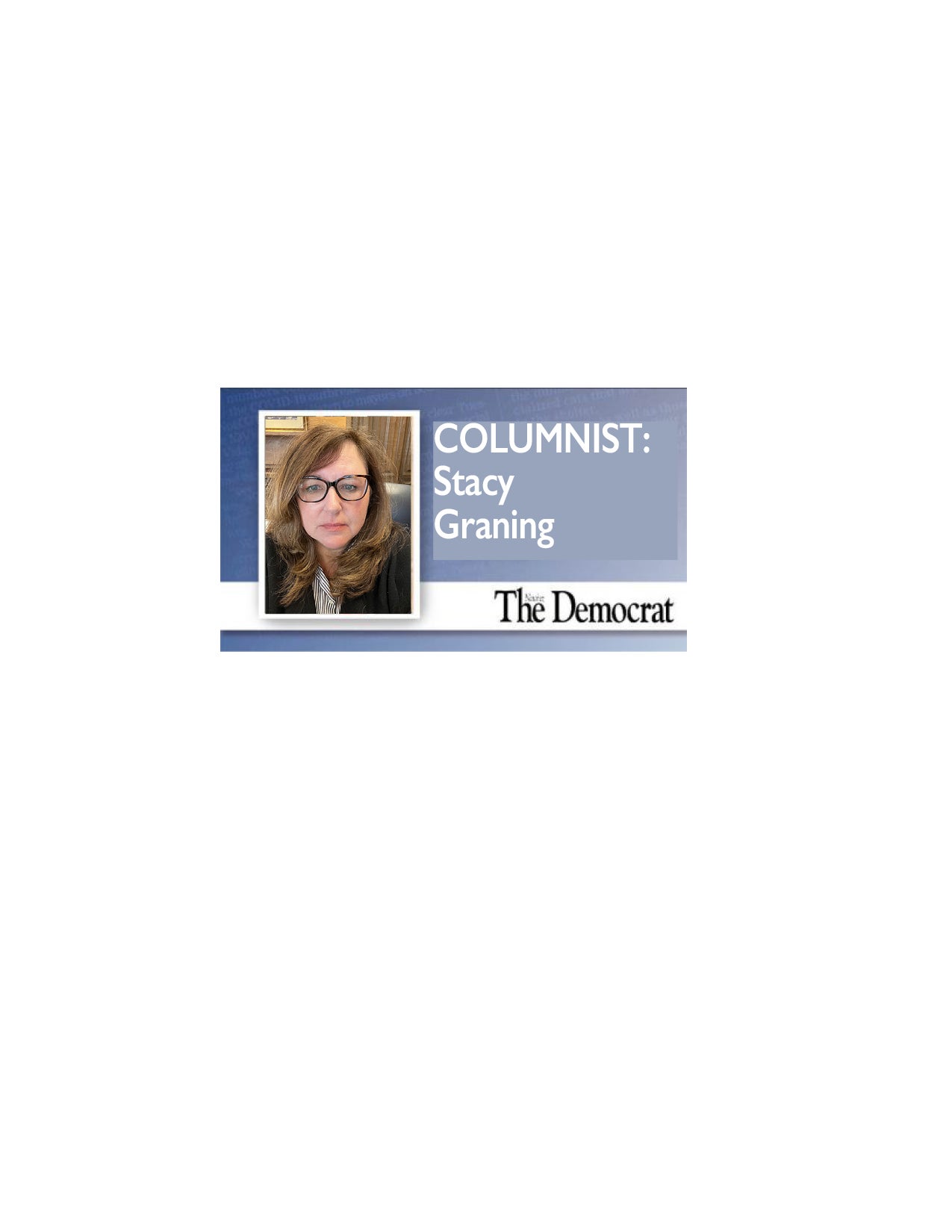Those who don’t vote do count
Published 12:02 am Wednesday, May 2, 2012
Highs danced near 90 degrees Tuesday, and the sun baked campaign supporters waving signs, arms and balloons at area polling locations.
It may have been the hottest day of a campaign blessed mostly with pleasant temperatures and beautiful skies.
Those who have run for election in county races — and done most of their campaigning in July and August — would say it’s about time city office seekers had to truly work for their votes.
Election Day in Natchez is the tale of two cities.
No, not a black versus white one, though there’s certainly some truth to that too.
Instead, it’s not difficult to see a different split — the engaged versus the unengaged.
Just in front of the polling locations, it was clearly Election Day.
Candidates and supporters had staked out space, typically across the street from their opponents.
The areas were alive with activity.
But just a block away in almost any direction, life goes on, sometimes oblivious to the vote.
Plenty voted in what was expected to be one of the highest turnouts in recent local election history, but plenty more didn’t vote and didn’t care.
Even many of those waving signs for a candidate were doing so only because the office-seeker is family or a close friend.
In more than 200 years of existence, America hasn’t figured out how to fully engage its registered electorate, much less convince those who aren’t even registered to sign up to vote.
It’s personalities that draw voters, area political watchers all agree. In Natchez, the result is a whole lot of flip-flopping, at least in the mayor’s office.
A challenger who brings a wide circle of friends and family to the table and is willing to knock on a lot of doors and shake a lot of hands can edge past an incumbent.
After recent elections, the two leading candidates in Natchez mayoral races have been separated by only a few hundred votes.
Those 100 votes can easily swing to the other side — or simply stay home — when voters don’t feel engaged with the person running the next time.
It’s a different story in most aldermen races, but it’s for exactly the same reasons. For the last decade, a number of Natchez aldermen have successfully won re-election bids.
For an alderman, the pool is smaller. It’s 50 or fewer voters who would make the difference if the race ever got close.
But, since personality is everything and the aldermen have been connected to their wards for four or more years, they are better equipped to get out the vote that matters to them.
In this tale of two cities, being an incumbent alderman is almost as good as being an incumbent mayor is bad.
That will continue for years to come as long as election turnout remains low, friends support friends and elections come down to 200 or less votes.
Julie Cooper is the managing editor of The Natchez Democrat. She can be reached at 601-445-3551 or julie.cooper@natchezdemocrat.com.



